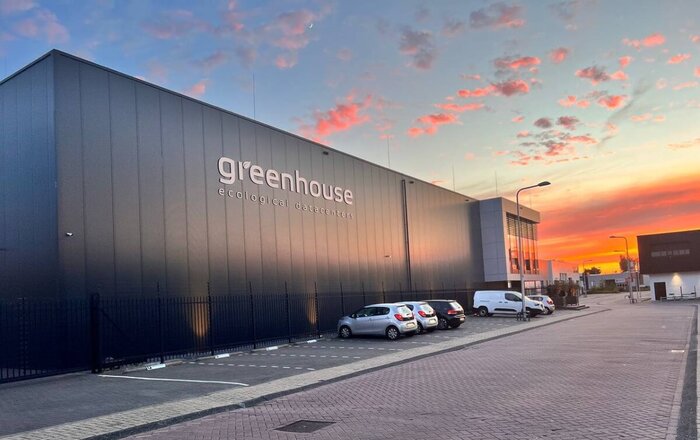Wing, a drone delivery company owned by Alphabet, Google’s parent company, has recently launched its operations in Melbourne, Australia. Around 250,000 residents in certain parts of the city can now order food from local cafes and restaurants through the DoorDash app and have it delivered to them within minutes by a small aircraft.
This marks the first large-scale rollout of autonomous food delivery in Australia, but there are concerns about its impact on food ordering and public health. Research, including our own, on online food delivery platforms suggests that while the convenience is appealing, it may come at a cost to public health.
The online food delivery industry is booming in Australia, with over 7 million people using services like DoorDash and UberEats. The typical users are young adults aged 25-34 living in capital cities. The industry has experienced rapid growth, with DoorDash generating $8.6 billion in revenue in 2023, up from $885 million in 2019.
Studies have shown that the food available and promoted on Australian online food delivery platforms is predominantly unhealthy, and areas of socioeconomic disadvantage have even more unhealthy options. Our research has also revealed that unhealthy foods are often promoted with discounts and given higher visibility compared to healthier options on these platforms.
While most food deliveries are currently carried out by humans, there is a rise in delivery through robots and drones, often referred to as “autonomous delivery.” However, these machines are not entirely autonomous and still require human supervision, similar to self-driving cars. Wing, for example, has up to 50 drones supervised by a single human pilot.
Autonomous food deliveries are already operating in the US, UK, Europe, and parts of Asia. The potential public health impacts of autonomous delivery on a larger scale are not well understood at this point. Apart from convenience, autonomous delivery is seen as an eco-friendly alternative to traditional methods, as electric quadcopters produce significantly fewer carbon emissions than delivery vans. One study even found that drone delivery has only one-sixth of the environmental footprint of motorbike delivery, and some robot manufacturers claim their devices use less energy than boiling a kettle.
Drone deliveries have been tested on a small scale in Australia since 2017, but there have been challenges such as resident complaints and bird attacks. However, research suggests that the Australian public generally has positive attitudes towards drone delivery. They believe it can lower delivery costs by replacing human drivers and would likely use it for groceries, fast food, and alcohol. However, there are concerns that the availability of drone delivery may lead to increased consumption of unhealthy food and alcohol, considering the prevalence of such options on online food delivery platforms.
Online food delivery platforms are primarily operated by large multinational technology companies, raising concerns about the concentration of power in the food industry. These companies have faced criticism for their influence over the food system, promotion of unhealthy food, and treatment of gig economy workers. If drone food delivery becomes widespread, it is likely to further concentrate power in the hands of a few online food delivery companies and big tech firms operating the drone services. This concentration has led to companies prioritizing profits over the health of their customers, and efforts to influence political decision-making in favor of commercial interests are increasing.
In Australia, Wing, one of the two licensed companies for drone deliveries (the other focused on medical supplies), has actively contributed to the development of new drone regulations and is involved in drone air traffic management software.
As autonomous delivery becomes more common, there is a concern that it may lead to increased consumption of unhealthy food and alcohol unless delivery platforms also prioritize promoting health alongside convenience.

